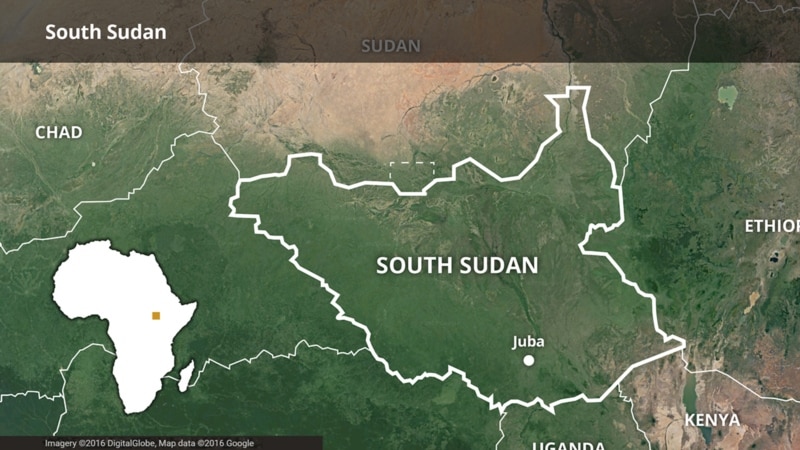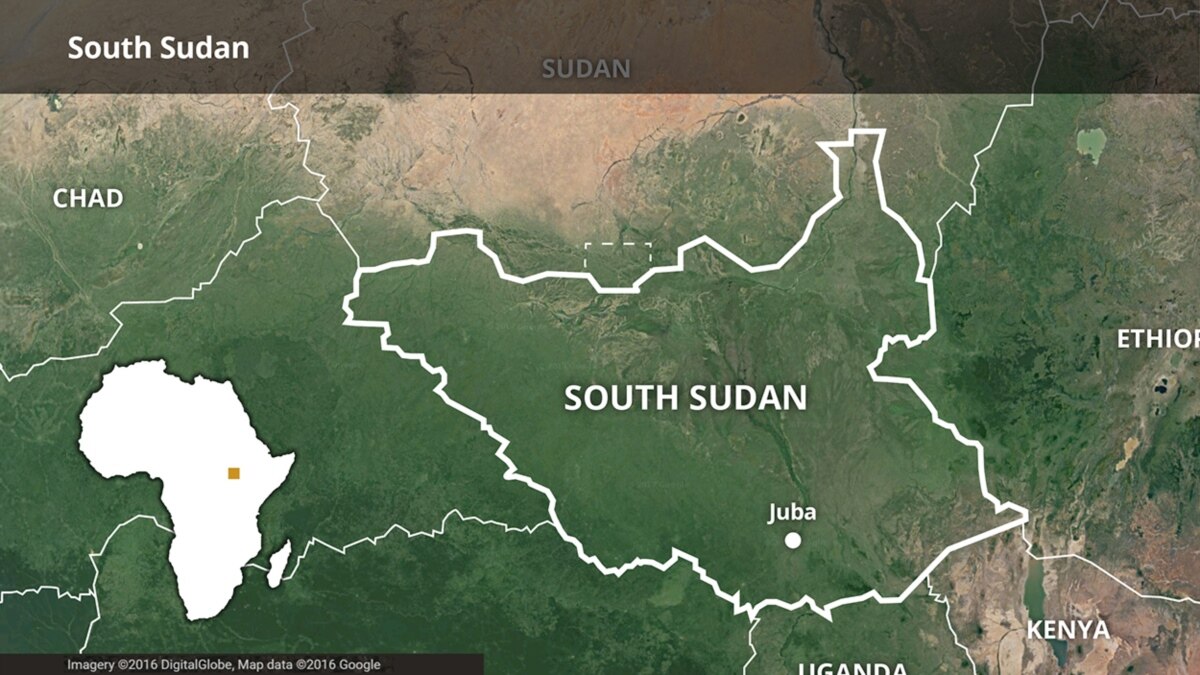This website uses cookies so that we can provide you with the best user experience possible. Cookie information is stored in your browser and performs functions such as recognising you when you return to our website and helping our team to understand which sections of the website you find most interesting and useful.


South Sudan's government on Friday admitted to having censored the media and removing articles it deemed to incite hatred after a U.N.-backed inquiry detailed "pervasive" restrictions on free press in the troubled country.
Information Minister Michael Makuei said government censorship was a "protective measure" because allowing certain articles to go to print would "cause insecurity [and] we would prefer to take it out."
"If the article is inciting hatred, then it ought to be removed," Makuei, who is also a government spokesman, told reporters in the capital, Juba, after a council of ministers meeting.
"We don't want to take that author to court," he added.
Makuei's statement came a day after the U.N. Commission on Human Rights in South Sudan accused the country's National Security Service, known as the NSS, of imposing "a pervasive and unlawful censorship regime to curtail independent media."
In its report, the commission said newspapers were forced to host NSS officers who interfered by reviewing content prior to publication and cutting articles or withdrawing whole editions.
"Content is frequently censored for giving coverage to views critical of or different to the ruling political party, or for including information that may reflect poorly on government officials and institutions," it said.
The commission reported that in February, the NSS tried to delay the publication of a report about a massacre on the eve of Pope Francis's visit to South Sudan, and launched cyberattacks against an outlet that ran the story.
Makuei said that the conditions for media in South Sudan had improved and that the commission had not adequately incorporated the improvements into its report.
He also said the government would be forced to take journalists to court if the state allowed inflammatory articles to be published.
"If you want us to take people to court, we are ready to do that," Makuei said. "Because we believe that removing the article and keeping quiet is better than taking that person to court."
The commission warned that the government's "deep-seated aversion to public scrutiny" boded ill for elections expected in late 2024, the country's first since South Sudan achieved independence from Sudan in 2011.
South Sudan fought a bloody civil war from 2013 to 2018 that ended with a peace deal, but key tenets of the truce have not been respected and the country's democratic transition has stalled.
After years of pressure from the United States, Britain and media advocacy groups, the South Sudanese government this week announced it planned to investigate the death of American journalist Christopher Allen, who was killed in 2017 while covering the war.



 Africana55 Radio
Africana55 Radio 
